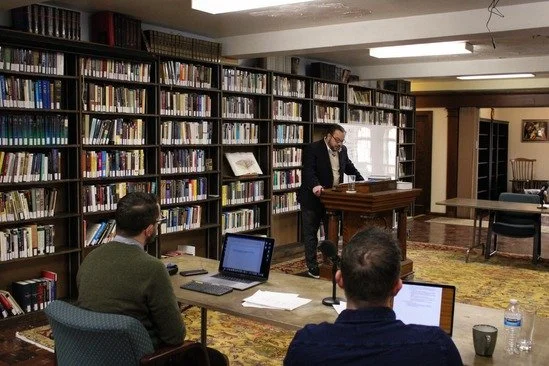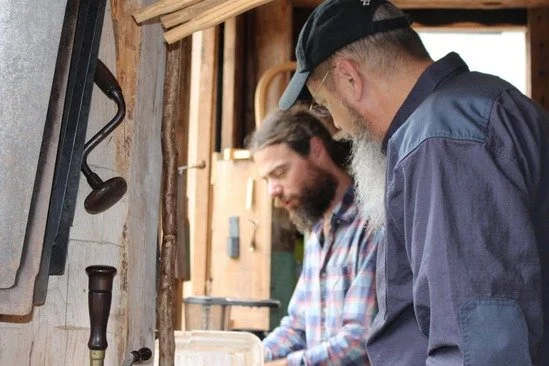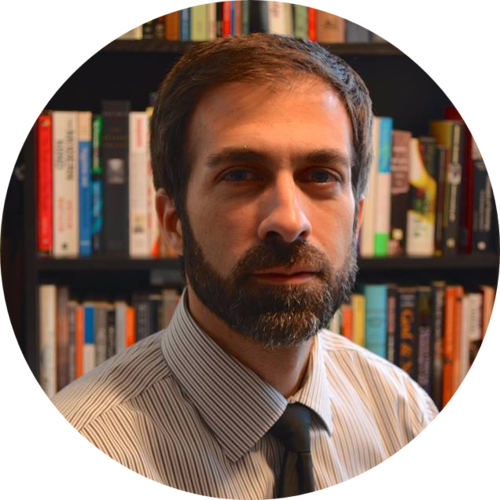
Greystone’s Mechanical Arts Program exists to resource market, industry, educational, and church leaders with the Scriptures’ and the Church’s wisdom regarding deep questions of vocational and technological life through structured instruction and mentorship.
Our focus is on God’s creation and providence in relation to the dignity and formational importance of embodied life as that dignity is either misunderstood or actively under threat by inhumane developments in culture, technology, education, and industry.
We believe that “craftsmanship” is not only a way of speaking of skill acquired under mentorship but also serves as a rich biblical and theological framework, from Genesis to Revelation, for how we are all related to God’s real world and to one another–in any valid vocation and in our various ordered relationships–properly and fruitfully.
We carry out our mission principally through our signature Certificate in Mechanical Arts and in a regular program of 1-3-day workshops, alongside other events including an annual conference, special lectures and seminars, and digital publications and media.
These efforts explore two closely related contexts for the “mechanical arts”: the idea of craftsmanship as the faithful mode of life in general, and the ethics of technology as a convergence point for this faithfulness.
Throughout our MAP contexts we instruct, mentor, and encourage one another in the three attention- and perception-based steps of formation in wisdom, no matter what one’s life or vocational setting may be:

Recovering a Holistic
model of wisdom
God represents himself in his Word as Master Farmer, Gardener, Builder, and the like, and he has called us, as his image bearers, to adopt the mindset of such crafts in relation not only to the material world but to one another.
The title “Mechanical Arts” draws directly from Hugh of St. Victor and his proposal for theological pedagogy in his famous Didascalicon (1120s). The “mechanical arts” were identified as seven arts (fabric making, armament, commerce, agriculture, hunting, medicine, and theatrics), positioned as a parallel to the seven liberal arts. It was Hugh who pushed back against the longstanding tradition of ignoring the ordinary “mechanical arts” in theological and ministerial formation. Greystone agrees with Hugh, and our efforts reflect that.
Inspired by the book of Proverbs, this program is designed to be both minds-on and hands-on. Participants read in the theology and philosophy of craft and workmanship, learn hand skills under a master craftsperson in a mentorship setting, and then reflect with fellow participants and a Greystone mentor to identify ways that excellence in workmanship can translate into excellence in thoughtful, faithful pastoral ministry and the Christian life.
“It is not from ourselves that we learn to be better than we are.”
– Wendell Berry
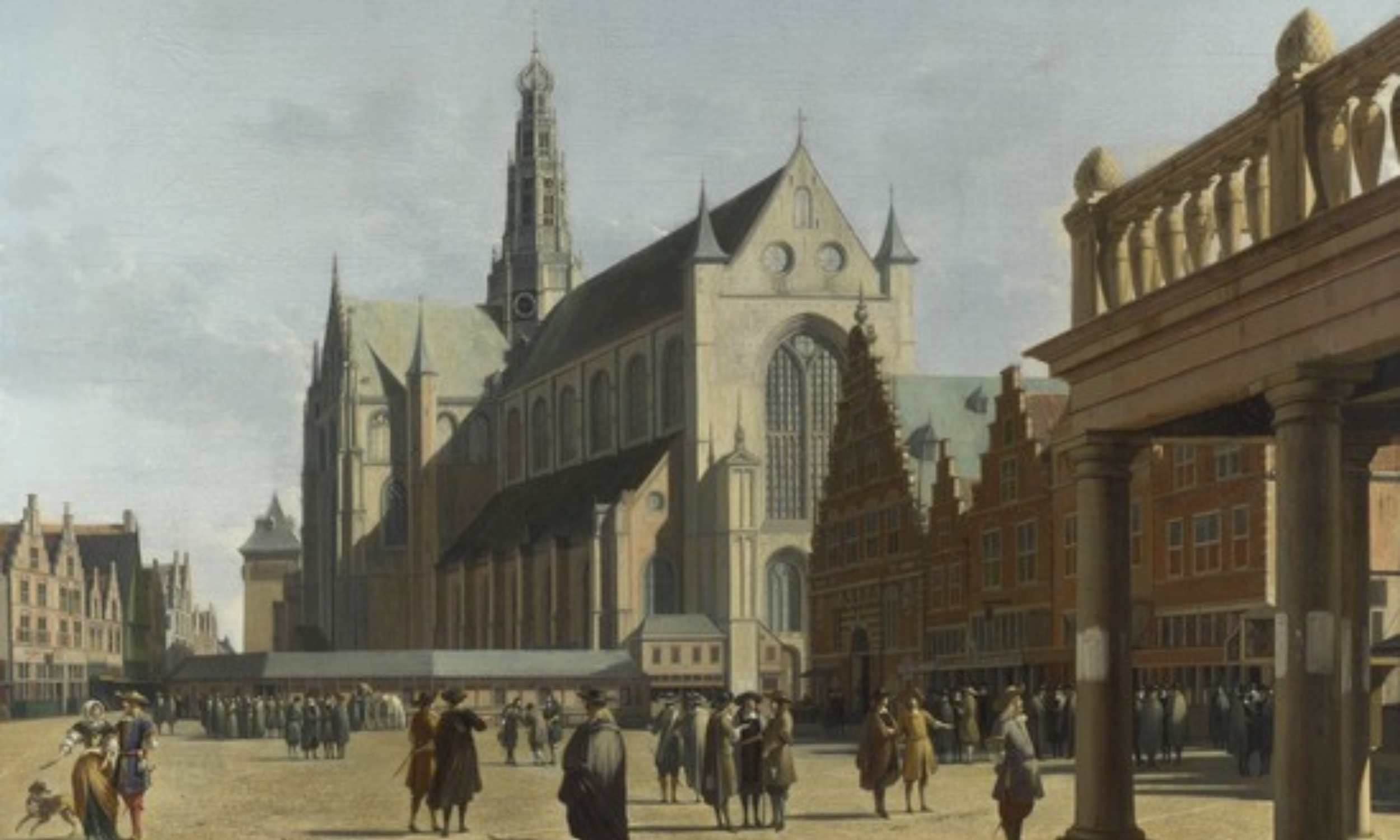
Reaching for the Biblical
foundations for craft
The MAP does not only reconnect us with the world of craft and thoughtful labor. In terms of Holy Scripture and with the best of the Christian tradition, the Program reaches for the deep biblical and theological foundations for craft to learn about the sources and dynamics of wisdom in personal and congregational formation.
The Greystone network of craftspeople (spread throughout the USA and world) includes masters in woodworking, plumbing, farming, gardening, viticulture/wine, medicine, permaculture, automotive mechanics, textiles, culinary arts, teaching, finance, law, and more. Alongside Hugh of St. Victor, other philosophical or theological influences for the MAP include professor of furniture design David Pye, writer and motorcycle mechanic Matthew Crawford, philosopher Roger Scruton, anthropologist Tim Ingold, writer and farmer Wendell Berry, theologian and social critic Ivan Illich, priest and chef Robert Farrar Capon, philosopher of technology Albert Borgmann, and others.
Joshua A. Klein
Founder/Editor-in-Chief,
Mortise & Tenon Magazine
Mr. Klein (Greystone Associate Fellow) is a ruling elder at Pilgrim Orthodox Presbyterian Church in Bangor, Maine and is founder and editor-in-chief of Mortise & Tenon Magazine. He has been selected for the Early American Life Directory of Traditional American Crafts for his authentic approach to pre-industrial furniture making and has presented about historic craftsmanship at museums around the United States.
L. Michael Sacasas
Director, Christian Studies Center, Gainesville, FL
Mr. Sacasas (Greystone Associate Fellow; MA, Reformed Theological Seminary, 2002) is Director of the Christian Studies Center in Gainesville, FL. Over the years he has taken a special interest in the work of Hannah Arendt and the resources it offers to those seeking to understand the personal and social implications of emerging technologies.
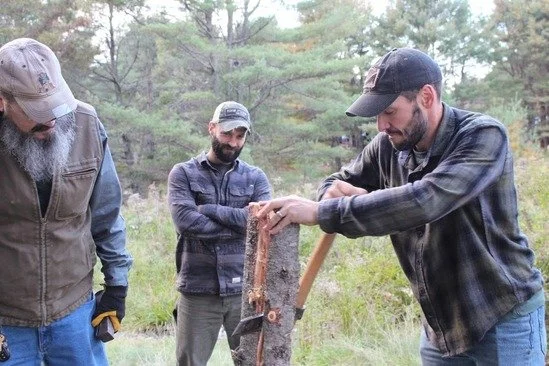
“The experience of a thing is always and also a bodily and social engagement with the thing’s world.”
-Albert Borgmann
Michael Updegraff
Associate Editor,
Mortise & Tenon Magazine

Greystone’s
Certificate in Theological Anthropology & Craftsmanship
Featuring the following courses (plus an elective course):
Order of Reality: Time, Space, & Vocation*
The Mechanical Arts in Scripture & Theology
Theological Anthropology
Ethics of Technology
Theology of the Body
Map 1: A Guided Reading Course
Map 2: The Mechanical Arts Event (x2)
*This course must be taken in-person.



